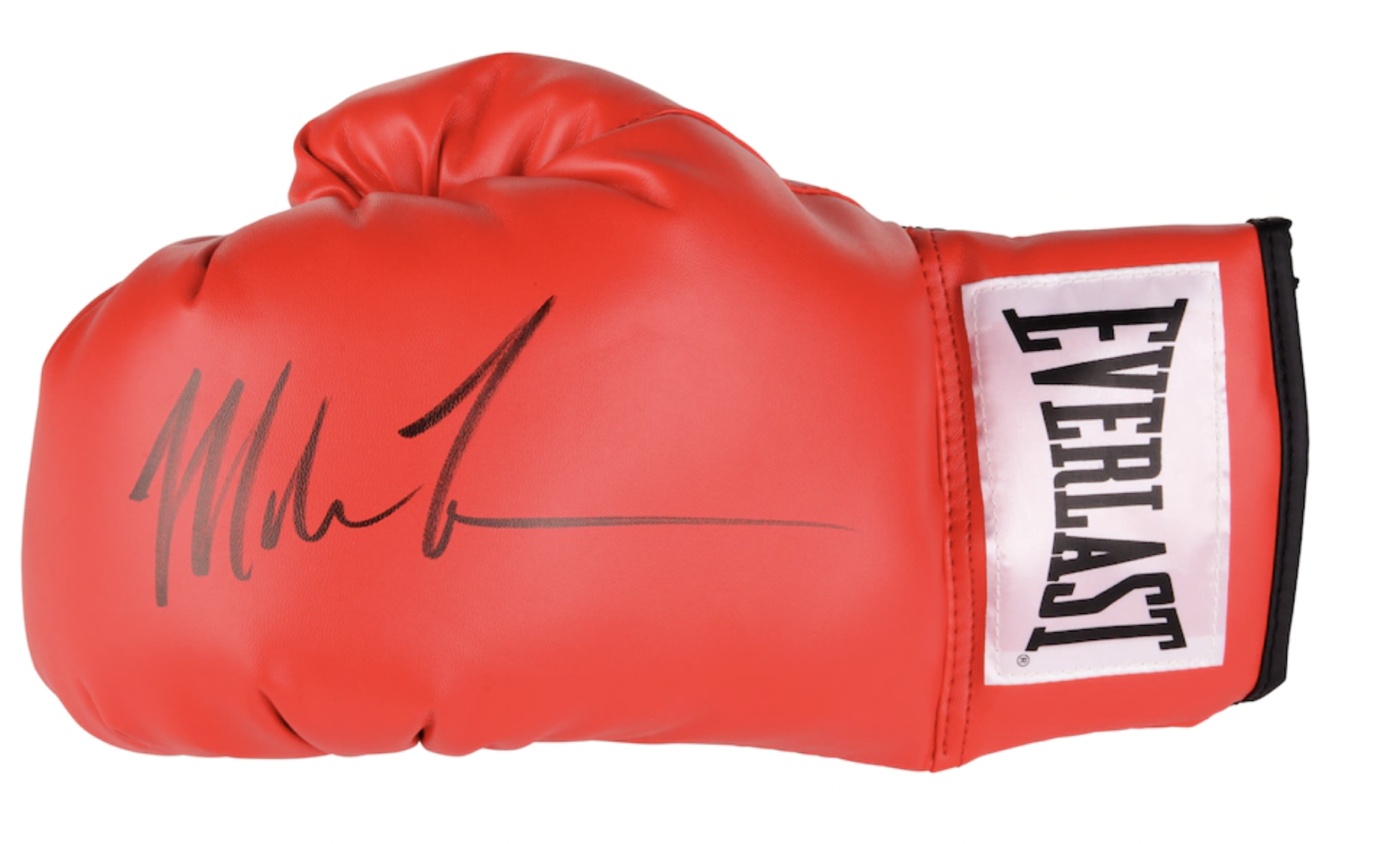/cdn.vox-cdn.com/uploads/chorus_image/image/51586287/304randycouture-1297909724.1327562758.0.jpg)
Nearly 10 years ago, then-UFC heavyweight champion Randy Couture found himself entrenched in a battle very similar to the one Georges St-Pierre does now, waging a war against the UFC and its restrictive contracts in both the courtroom and the court of public opinion.
Couture's efforts ultimately ended poorly -- he invested over $500,000 of his own money on legal costs before withdrawing his suit and returning the UFC on a renegotiated contract -- but even after all of this time, Couture said he isn't surprised to see UFC stars like St-Pierre still fighting many of the same battles against the promotion that he did.
"I think the company selling for $4 billion was a big red flag," Couture said Monday on The MMA Hour. "That a lot of fighters stood up and took notice as to what those guys made off of the sale of the brand we've all been representing for a long, long time, and recognized that less than 10-percent of what they've been making, we've been reaping as the products, as the fighters stepping in that cage. And that's just wrong. That equation is way out of whack, and I think until we, frankly, come together and use our voice to fight these types of things, it's going to continue to happen."
Not surprisingly, Couture pointed to St-Pierre's situation as the latest in a long line of examples as to why professional athletes in mixed martial arts are in dire need of a fighters association.
The comments echoed remarks made by St-Pierre in past weeks, as the legendary welterweight champion noted in a recent appearance on The MMA Hour that it was "up to guys like me, Conor McGregor, Anderson Silva, Jose Aldo, guys that are big names" to stand up and push for fighters' rights in the wake of a string of disgruntled UFC athletes voicing grievances about various topics like fighter pay, a lack of representation in major decisions such as USADA and Reebok, or the recent surge in matchmakers favoring big money fights over rankings.
Couture said he is encouraged by the momentum he senses among fighters wanting to come together for the greater good, and he believes the groundwork is in place for such an entity to exist through the Mixed Martial Arts Fighters Association (MMAFA), a group led by Arizona-based attorney Rob Maysey that has campaigned for a variety of issues including an amendment to support MMA fighters through the Ali Act.
"I'm confident that it can happen, absolutely," Couture said. "Obviously, again, I think that the MMAFA model, the fighters association, is the right model for what we do and who we are as independent contractors. I think, obviously, a huge step in the right direction is getting the Ali Act amended, and then that levels the playing field with federal legislation on some level.
"I think that's a huge step in the right direction. And yeah, I think it can definitely happen, but it's going to guys having the strength and backbone to get over their fears of the repercussions, or potential repercussions with the promotions like WME and the UFC. Everybody's scared they're going to get dropped, they're going to get blackballed, and there's going to those kind of repercussions, so they're not willing to exercise their voice and come together."
Similar efforts have been made to unite fighters in recent months by the Professional Fighters Association (PFA), a group led by former baseball agent Jeff Boras which seeks to unionize UFC fighters. The MMAFA and PFA have publicly clashed since PFA announced its arrival in August prior to UFC 202, but regardless of the disagreements between the two groups, Couture urged all interested fighters to seek information about the benefits of uniting together under one common cause.
"The association is there now," Couture said. "The MMAFA, you can get on WhatsApp and get on the thread. There are over 200 athletes on there communicating on a regular basis about the MMAFA and all of the things, and basically there's an education process just like there was when we were teaching people what our sport was about, and that we weren't crazy thugs and criminals, we're just martial artists that want to be professional athletes.
"So I think the same thing is true about what we're doing as athletes now, educating ourselves about: what the difference is between a union and a fighters association? How does that affect us as 1099 independent contractors? What does the Ali Act do for us? There's been an education process for all of us as fighters. For 10 years, I've been hearing this talk and been involved and trying to see us come together as fighters and unite our voice for quite a while now, and I feel like the best shot we have right now is the MMAFA."
In the case of St-Pierre, Couture said he expects the Canadian to encounter many of the same hurdles that he did back in 2007 in his pursuit to be freed from his UFC contract; namely, a massive investment of both time and money that could weigh heavily on St-Pierre. But St-Pierre's situation is also just one of many.
In the past month alone, decorated veterans like Fabricio Werdum and Jose Aldo have voiced displeasure over various aspects within the UFC, with Werdum ultimately stating that he was fired from his UFC broadcasting job in Latin America for his comments and Aldo announcing an intention to retire before walking that statement back. Couture strongly believes that incidents such as these are all leading towards a positive shift in the MMA landscape.
"I think it's going to take some more time," Couture said. "I think we're going to continue to educate fighters. I think fighters are fed up with kind of taking it in the shorts, frankly, and are starting to come together and realize we have power, and only if we stay united."

